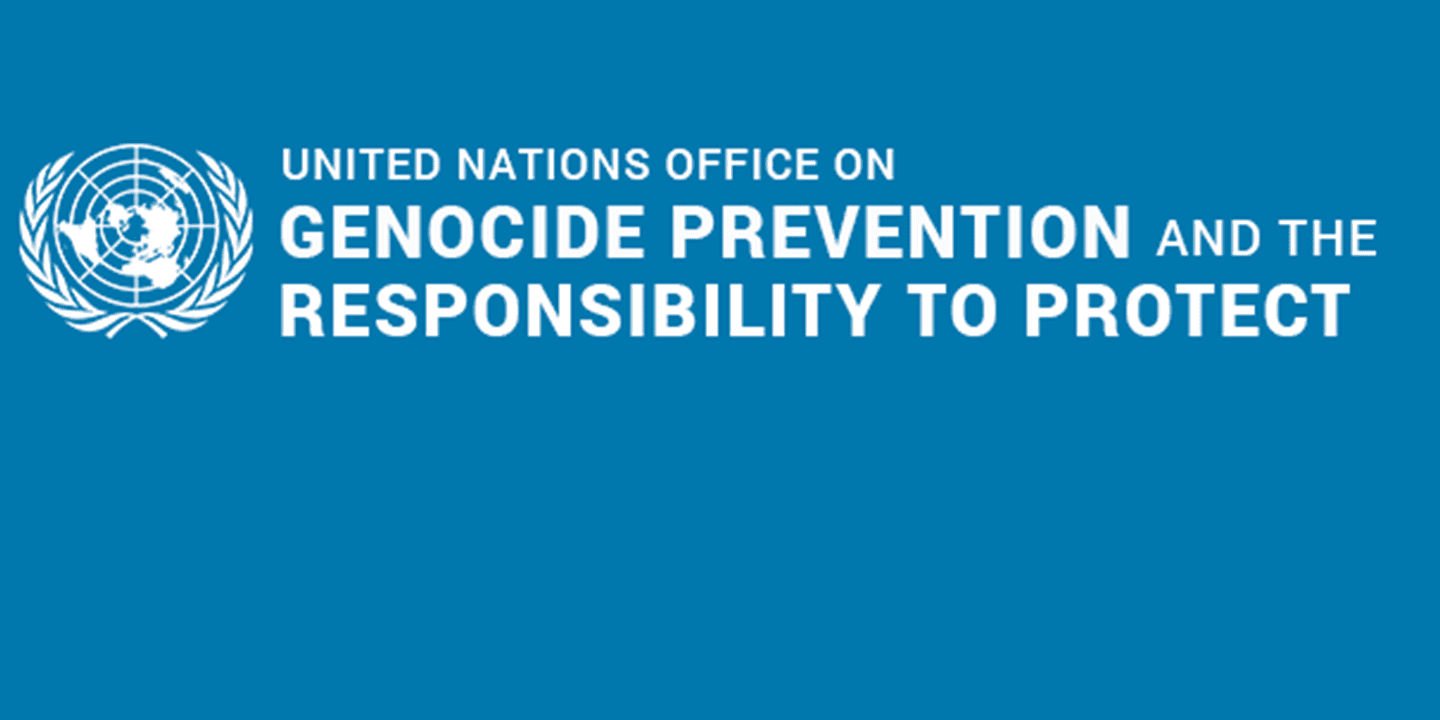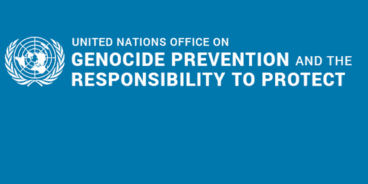

Statement by Ms. Alice Wairimu Nderitu, United Nations Special Adviser on the Prevention of Genocide, on the situation in Sudan
The United Nations Special Adviser on the Prevention of Genocide, Alice Wairimu Nderitu, reiterated her gravest concern at the intensification of violence in Sudan since 15 December, specifically near and in Wad Madani, Gezira, as well as in El Fasher, North Darfur and Nyala, South Darfur. The Special Adviser is alarmed that the intensification of clashes between the Sudanese Armed Forces (SAF) and the Rapid Support Forces (RSF) includes very serious allegations of ethnically motivated violence as well as deliberate attacks against medical personnel and facilities, all of which could constitute international crimes. “Violence in Sudan is not ending. On the contrary, it is intensifying. Particularly in Wad Madani, clashes over the last five days have led to indiscriminate killings and attacks against civilians, injuries, lootings, and arrests, including those allegedly committed along identity lines. Civilian homes have also been destroyed. This is alarming and requires all possible attention and response,” said the Special Adviser.
Echoing the Secretary-General’s 13 December statement expressing concern at the unwillingness of the parties – so far – to cease hostilities, which have caused untold suffering for civilians across Sudan, Special Adviser Wairimu Nderitu also noted with concern that, since the outbreak of these recent clashes, between 250,000 and 300,000 people have reportedly fled from Wad Madani and surrounding areas towards Sennar, Gedaref, Kassala, Blue Nile and elsewhere. All humanitarian field missions within and from Gezira remain suspended, while the humanitarian situation in the country remains dire. The Special Adviser further reiterated her concerns that the ongoing spread of violence could engulf the entire country, also noting the recent reported attack in the locality of Shendi, River Nile.
“After eight months of continued fighting and horrific levels of violence, with all the signs of atrocity crimes having been committed, the wheel of violence keeps turning. The price continues to be paid by those who are most vulnerable, who are imploring for safety and for justice, and who are receiving neither,” the Special Adviser deplored. She also recalled her previous statements on the situation in Sudan, from 8 September 2022, 3 November 2022, 13 June 2023, 5 September 2023, and 14 November 2023, and called for renewed international attention to a crisis which continues deteriorating and for which there is no end in sight. “The world must respond to the horrors of what is happening in Sudan. The terror and vicious violence already inflicted on entire populations, simply because of who they are, display in the crudest of terms what will continue happening unless urgent international attention is brought upon this situation.”
The Special Adviser strongly reiterated her call upon all parties to the conflict to lay down their arms and cease their targeting of civilians immediately. “All parties to the conflict have international obligations under international human rights law and international humanitarian law. Moreover, they themselves have committed to protect civilian lives,” she added, appealing to the parties’ explicit pledges to refrain from any attack that could cause incidental harm on civilians under the Jeddah Declaration of Commitment to Protect the Civilians of Sudan, as reaffirmed on 7 November. “Not only that such attacks are not avoided; on the contrary, all signs point at their deliberate commission. This is happening today as it was happening weeks and months ago,” reiterated the Special Adviser.
Recalling her visit to camps hosting refugees from West Darfur in Chad in October this year, Special Adviser Wairimu Nderitu paid tribute to the courage and determination of the victims who shared their stories with her and called upon the world to respond to their plea. “Refugees I spoke to described in great detail the nature of the violence that was inflicted upon them, upon their husbands and wives, upon their sons and daughters, upon their friends and relatives,” said the Special Adviser. “Such violence spoke of deliberate targeting of young males and of identity targeting and was preceded by dehumanization and hate speech. They were targeted with words – ‘slaves’ – before they were targeted with weapons. They were subject to rape and sexual violence. This continues today. Deprivation of humanity precedes deprivation of life. This is unacceptable and must stop immediately. The voices of those who could escape such vicious violence, and who can today tell their story, must be heard and taken with the highest level of seriousness. They speak for those who no longer can, continue crying for justice and demand a real stop to the violence.”
In this line, as in her previous statements, Special Adviser Nderitu called on all those in position of influence to multiply their efforts to address the situation with the gravity it requires. “All international, regional, and national actors, including the African Union, the Intergovernmental Authority on Development, and the United Nations Security Council, must sustain their efforts, using all available tools, to prevent any further escalation, to bring forth an immediate and permanent cessation of hostilities and to ultimately break this decades-old cycle of violence. This needs to be reiterated loud and clear: The situation in Sudan cannot, must not, become a forgotten crisis,” stressed the Special Adviser.
